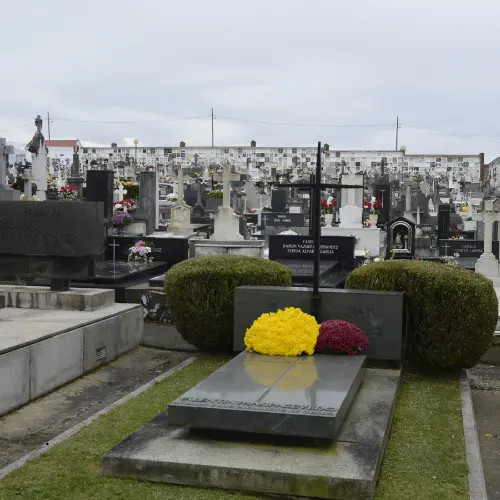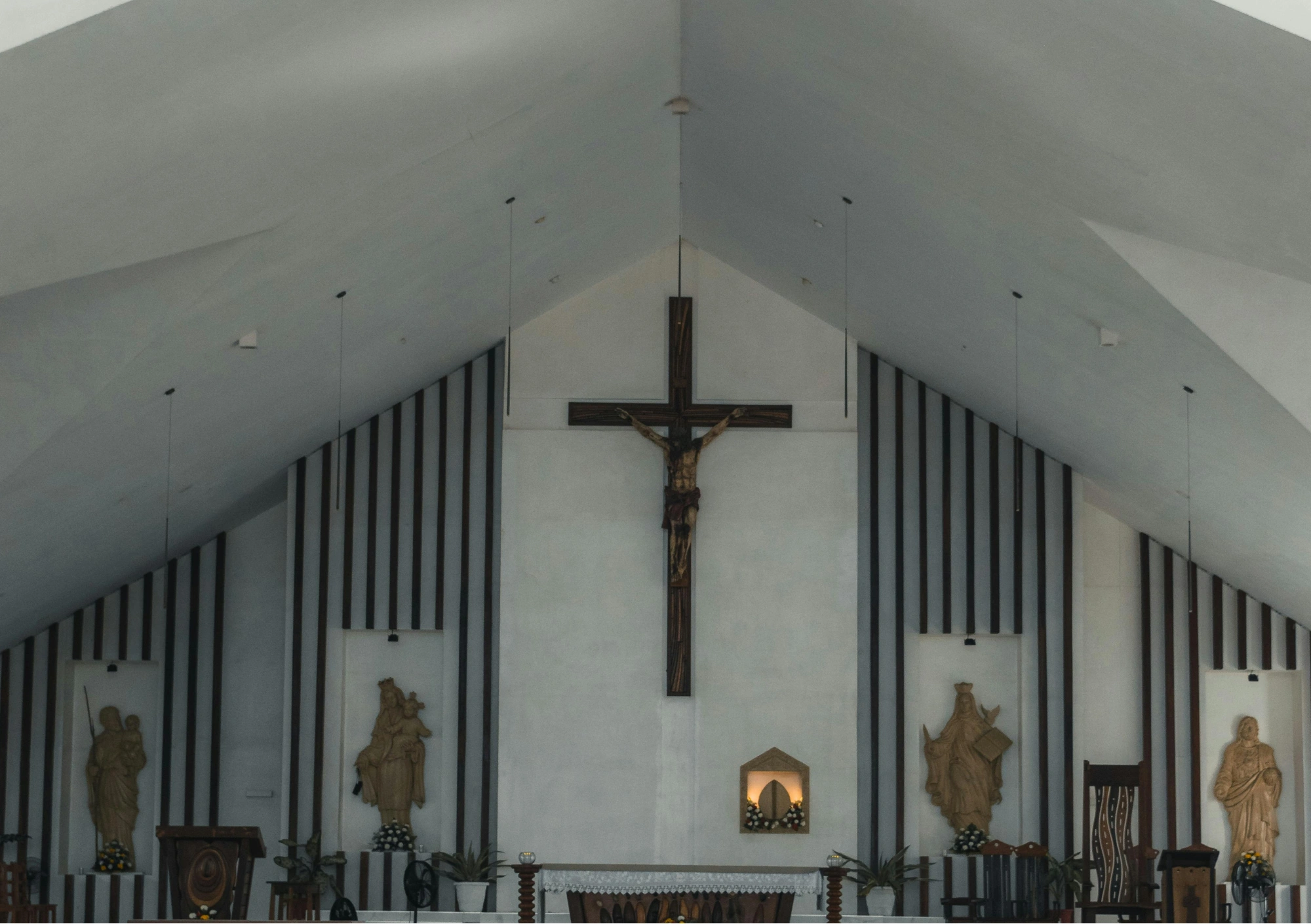Legally, including in the Ghanaian customary law, it is well established that a spouse has no legal right or claim over their deceased spouse’s body. Instead, the courts have long held that the corpse belongs to the extended family of the deceased. As such, it is the prerogative of the extended family to decide when, how, and where the deceased will be laid in state and buried. This principle was affirmed in the landmark case of Neequaye v Ashaley Okoe (1993-1994) GLR 538.
Traditionally, the dead body belongs to the family of the deceased in Ghana due to deeply rooted cultural, spiritual, and social beliefs. Below are some key reasons explaining this practice:
1. Cultural and Ancestral Beliefs: In Ghanaian culture, the deceased remains a part of the family even after death. The family is responsible for ensuring that the deceased is honored and laid to rest in accordance with the customs and traditions the deceased observed during their lifetime. This is believed to facilitate the deceased’s peaceful transition to the ancestral realm and maintain harmony between the living and the dead.
2. Rites of Passage: It is no secret that funeral rites are a significant aspect of Ghanaian culture. The family takes pride in organizing and conducting these rites, which often involve elaborate ceremonies, gatherings, and rituals. These rites are seen as a final act of respect and care for the deceased, reflecting the family’s commitment to upholding tradition.
3. Social Obligation: The family is expected to take responsibility for the burial and funeral arrangements of the deceased loved one. This duty is widely seen as a social obligation and a way to uphold the family’s reputation and honor. Failure to properly care for the deceased can result in shame or social stigma within the larger community.
4. Legal and Customary Practices: Customary law in Ghana often aligns with cultural practices, recognizing the family’s rights and responsibilities over the deceased. In Neequaye v Ashaley Okoe, as earlier referenced, the court held that, under customary law, death transfers authority over the deceased’s person to the extended family. The family is therefore responsible for providing a burial that reflects the deceased’s social standing. While spouses and children may be consulted or be involved in funeral preparations, the primary authority rests with the extended family of the deceased.
5. Spiritual Connection: Many Ghanaian tribes believe that the spirits of the deceased remain connected to the family and can influence the living. As a result, proper burial and funeral rites are therefore essential to ensure the deceased’s spirit does not become restless or bring misfortune to the family.
6. Community Involvement: Funerals in Ghana are often large, well-attended community events. The family plays a central role in organizing and hosting these gatherings, which serve as communal expressions of grief and support. The family’s ownership of the body is tied to their responsibility to facilitate these events.
Conclusion
In Ghanaian law and tradition, the dead body belongs to the extended family of the deceased. This practice is rooted in the cultural, spiritual, and social significance of honoring the deceased and ensuring their proper transition to the afterlife. It reflects the deeply embedded values and traditions of Ghanaian society.
At August Law, our dispute resolution team understands the importance of customs, values, and traditions. We are committed to working to protect the rights of our clients with respect to their values, faith and cultural practices.
Consult us today to help protect your family’s rights.




